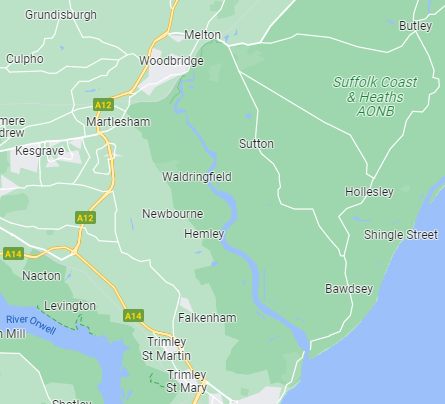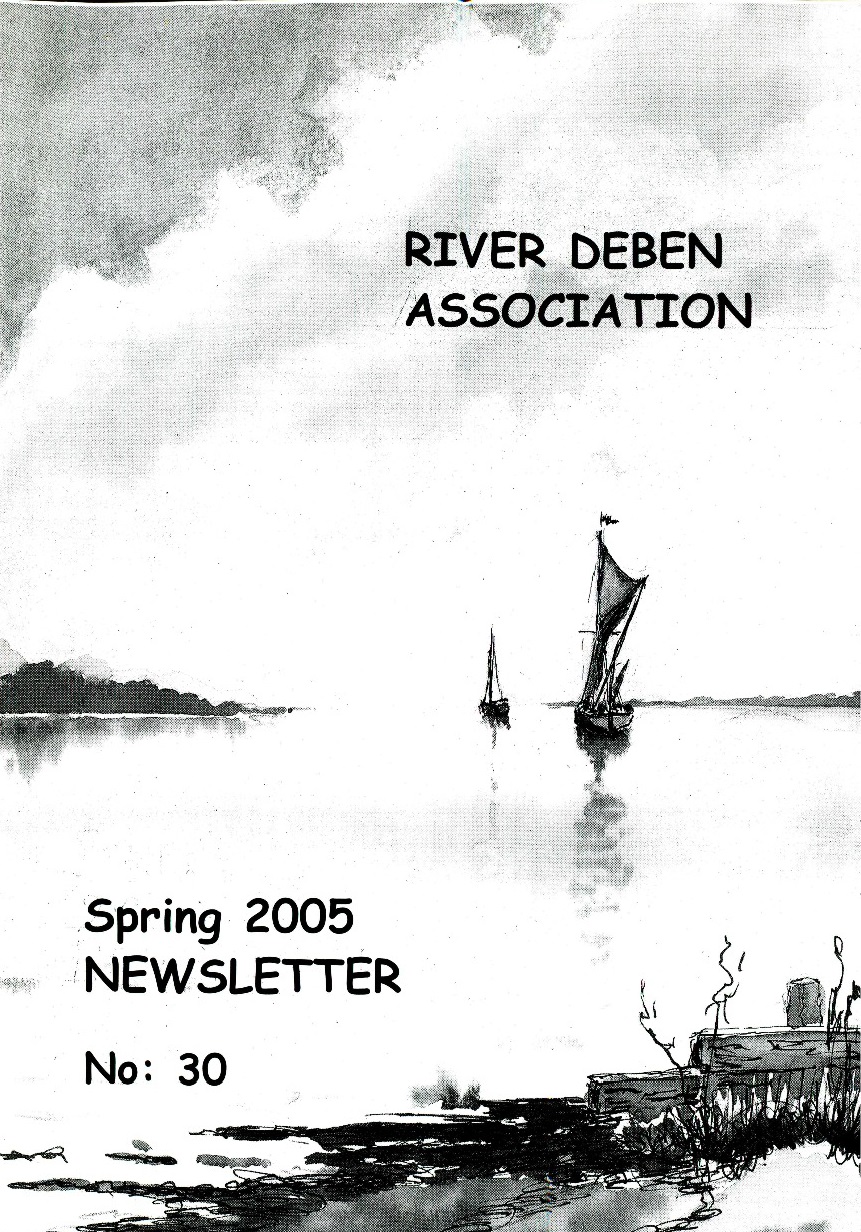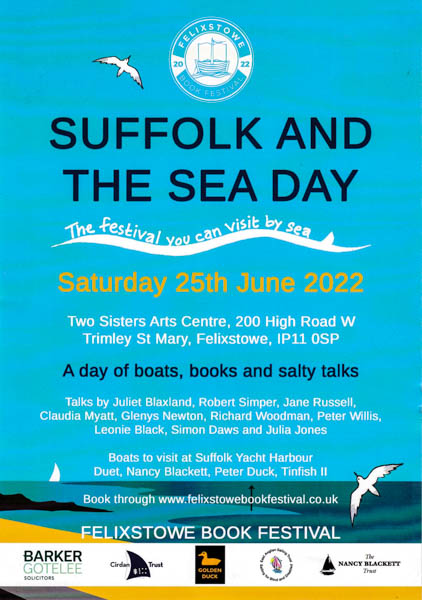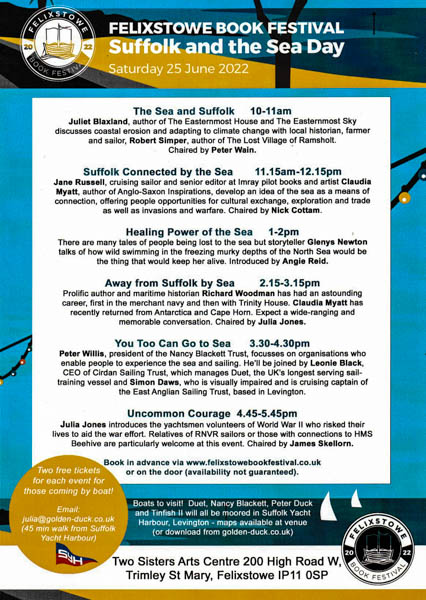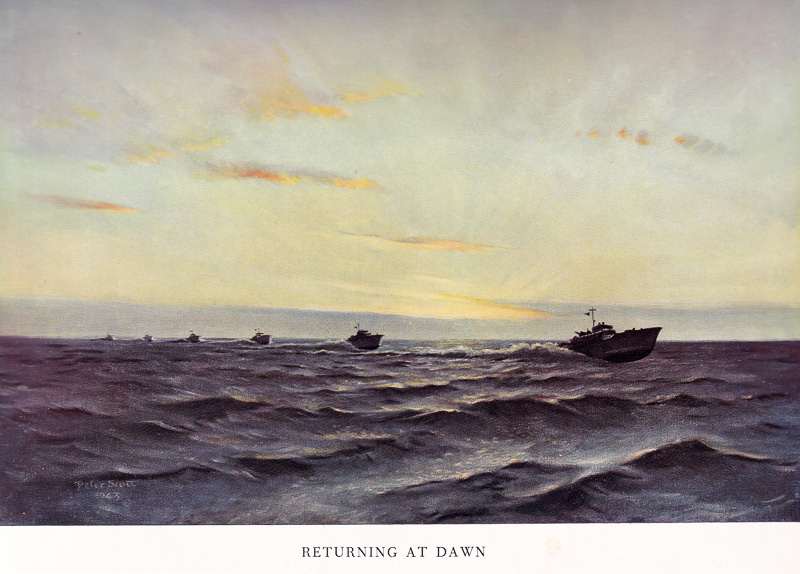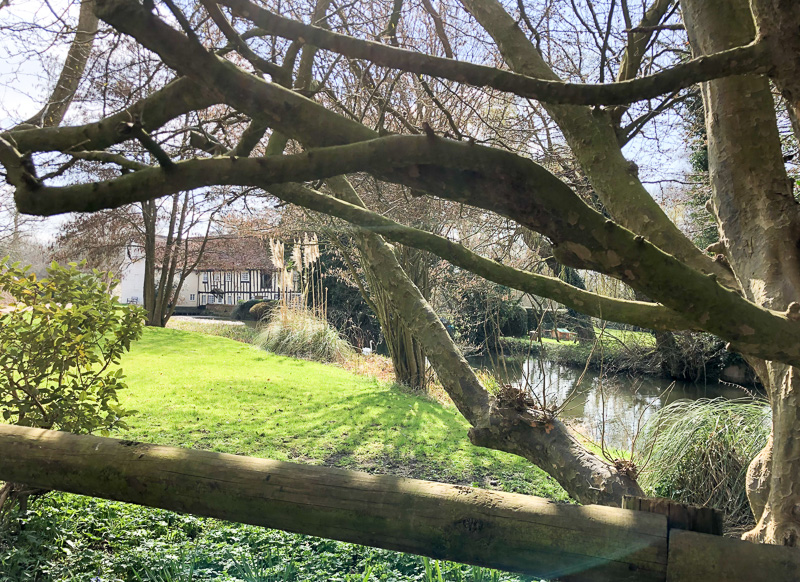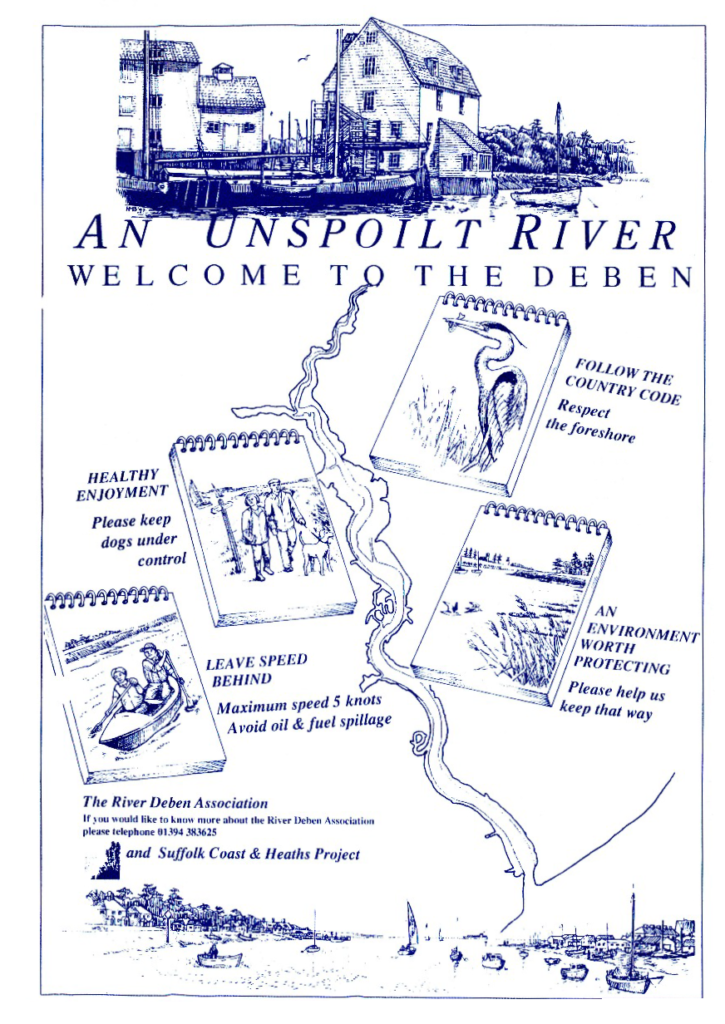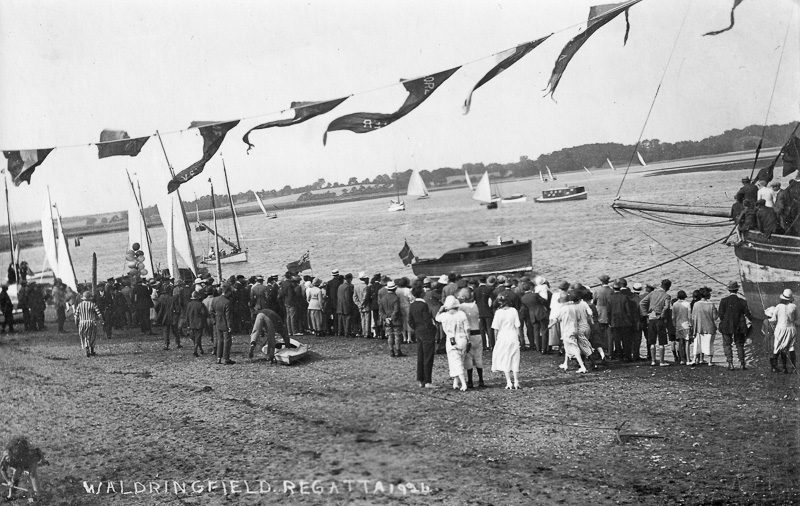by Bertie Wheen
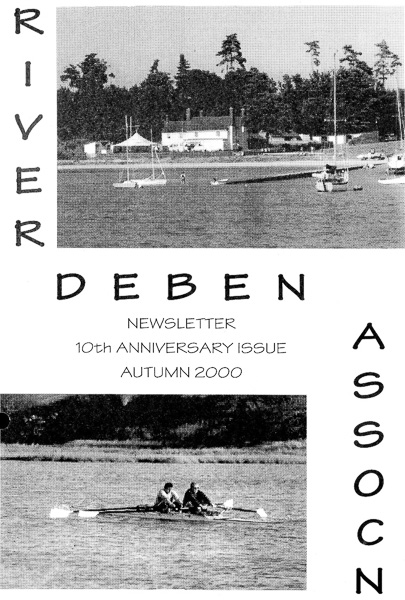
If you haven’t read the first post in this series, may I direct you to Once Upon a Time…? What follows will make much more sense with its context, but the TL;DR is that I’ve been improving the accessibility of our Magazine page (which hosts digital versions of our biannual magazine, née newsletter) by indexing the old editions – or, more accurately, contentsing, but that somehow doesn’t have the same ring to it. Last time I had indexed the 1990s, and I’ve now done the same for the 2000s. I’d like to recommend that, better than reading these accompanying posts, you read the magazines/newsletters themselves. (I promise it’s a more interesting thing to do than you might imagine!)
To the uninitiated, The Deben might appear to be an unassuming little publication, but it has been consistently produced since 1990 (which was, though I’m sure you won’t want to hear it, over 30 years ago), and from the start it has been filled with articles that were not only interesting to contemporary readers, but – as I have been discovering by going through the back catalogue – still are today! Many are presciently relevant, and others are historically significant; there are contributions from then that read like they were written now, and there are others that could only have been written then, including reminiscences from those who had known the Deben the longest, and who shared some of their memories of it from deep time – from times that now few, if any, are old enough to remember. I’m incredibly glad that the latter are preserved in our archives, and I think the former speaks to the environmental consciousness that we have as a community, which we have had since long before the recent general awareness of such issues. I should add that there are still more articles that don’t necessarily fit into either of these categories, but that are worth a modern reader’s time. One of the joys of The Deben, or the RDA Newsletter as it was then, is the strange, quirky pieces that appear in it. Perhaps they might not be everyone’s style, but they don’t need to be. They are the variety and flavour that turned what could otherwise have been a dry document containing nothing but committee meeting minutes and end-of-year accounts (both of which were included in the Newsletter days) into something rather charming. There are some wonderful weirdos on this river, and it would be worse without them.
Continue reading →

